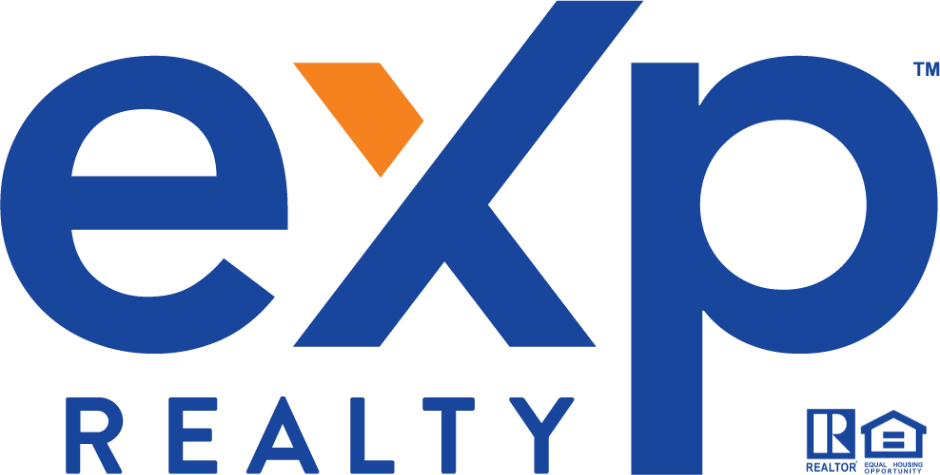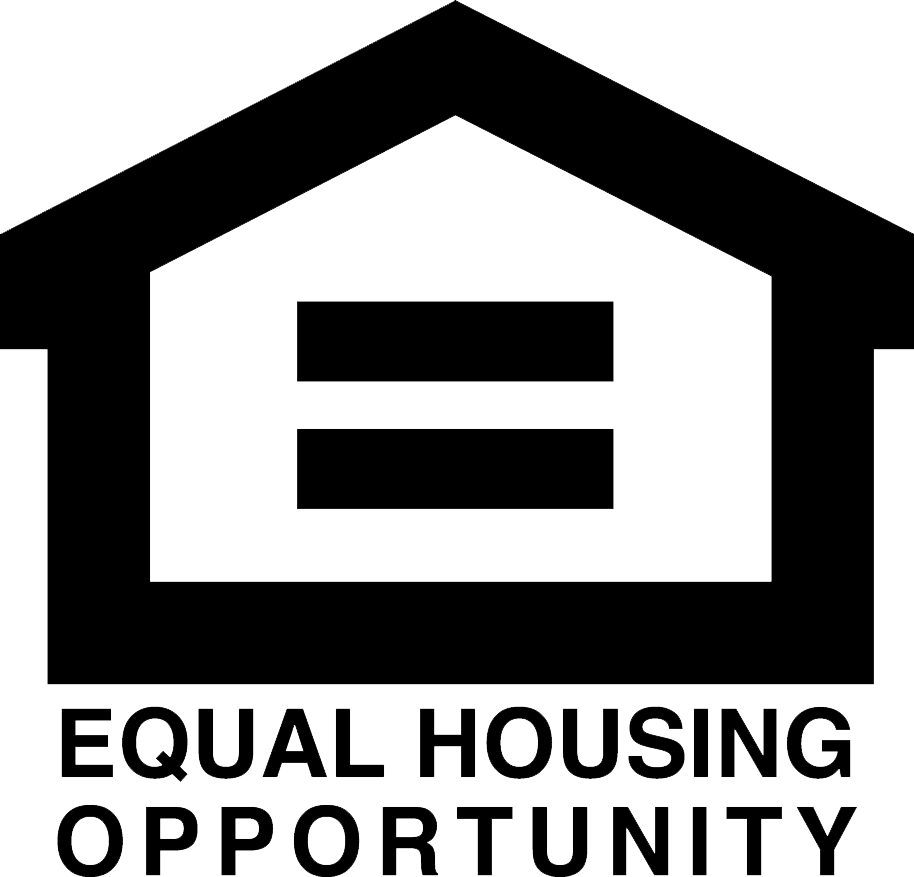Renovating your home can be a good way to address several problems at once while giving it a new look without buying a whole new house, but financing such a big project requires plenty of careful thought and consideration. There are several ways you can finance your home renovation, it’s just a matter of deciding which option is best for you. Which one you ultimately decide to go with will depend on how much the entire project will cost, how much money you’ve already saved, how soon you plan to begin the project, and what your current household budget is. Here are a few of your options and their pros and cons:
1. Cash. Pros: If you already have a large sum saved up, or if you are expecting a big amount of cash to come your way in the form of a work bonus or tax refund, paying cash would be your best option. This is because it would mean not taking on anymore debt (which is always a good thing) and because you would have immediate access to the funds, unless they’re tied up to an investment account or certificate of deposit. Cons: If you haven’t already started saving, it could take you a painfully long period of time to save enough money, especially for big projects such as a total kitchen makeover, which can rack up up to $50,000 in expenses.
2. Credit card. Pros: This is a good option if you have a low-interest credit card or a 0% balance-transfer option. This would help you avoid going through a lengthy approval process. Cons: A lot of contractors don’t accept credit card payments. If you’re using a card with a limited-time, low introductory interest rate and don’t pay off the full balance before the offer ends, you’ll face much higher monthly payments and end up paying a lot of interest on the remaining balance. You could get a cash advance through your credit card, but the interest rates for doing that are usually very high.
3. Home equity loan. Pros: If you have equity in your home, a home equity loan or line of credit can help you pay for a more expensive project. These loans usually have lower interest rates, and you may be able to deduct the interest and any points on your income taxes as well. In addition, you may have longer to pay back the loan—anywhere from five to 30 years. Cons: Since this type of loan is a secured loan, your house will be held as collateral, and if for whatever reason you fail to repay the loan, the lender can take your home.
If you are planning to buy or sell your home, let The Incorvaia Team make the process as easy as possible for you. Call us at 440-879-7130 today!




